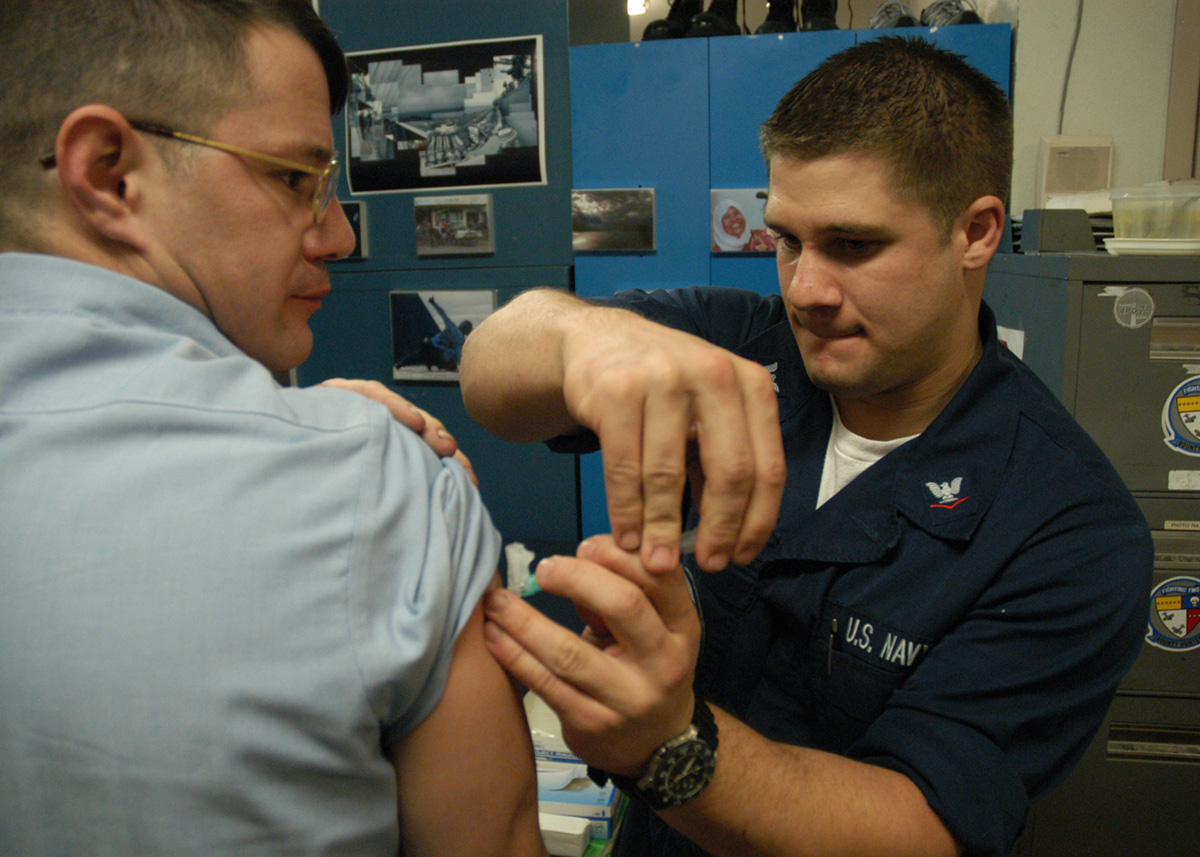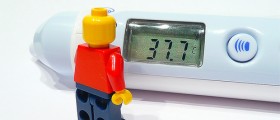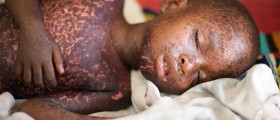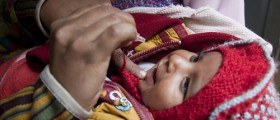
Introduction
Typhoid is a bacterial infection of the intestines caused by the bacterium Salmonella typhi. Typhoid is transmitted by contaminated water or food. Bacteria contaminates food or water through feces or sometimes urine. The application of the modern protective measures and enhancement of sanitation methods has had a tremendous impact on suppressing the typhoid.
Vaccinations prevent typhoid fever but in some countries the vaccination against typhoid is not included in obligatory vaccination program. The infection is not that common nowadays in developed countries and usually affects people who travel to the countries where typhoid is common.
India and Africa are places without proper clean water supply or regulated waste sewage so the risk of typhoid is greater there than in other parts of the world. So before going to a country with the higher risk of typhoid vaccination is recommendable. On a year basis approximately 20 million people all over the world get the infection. Sometimes the infection can be fatal. Death is a possible unfortunate outcome in people who are not treated with antibiotics.
Symptoms
The first symptoms appear after a week of being infected with the bacteria. Gradually, the symptoms become worse and if the patient is not given any medications or appropriate treatment his or her health is greatly endangered. Typhoid fever is manifested firstly in a progressive rise of body temperature and reaches 104°F. Headaches accompany the fever. A person has a painful and upset stomach and has problems with diarrhea or constipation. Children usually vomit. Symptoms also include rose-colored spots.
Eventually, the patient may fall into delirium. In the second week of the infection, the patient's health is aggravated by more intense headaches, abdomen pains and bowel emptying problems. Delirium is frequent, rash spots spread all over the body. The abdomen swells due to the enlargement of the liver and spleen. The heartbeat is slower. In the third week, further complications make the patient exhausted more mentally confused and feverish. The fever is still high, the person dehydrates and loses appetite.
Diarrhea is frequent, about eight stools a day of yellowish, greenish color and with strong smell. Breathing becomes heavy and rapid. The delirium state gets worse and a person cannot tell apart reality and fantasy.
The bowel may rupture and intestinal hemorrhages may occur and cause a lot of serious problems. The typhoid complicates into myocarditis, the inflammation of the heart or into encephalitis the inflammation of the brain. The infection can be fatal and an estimated 10 to 20 percent of patients not treated die by the end of the third week. Otherwise the symptoms fade away gradually in the fourth week but the patient feels weak some time after the infection is over.

















Your thoughts on this
Loading...